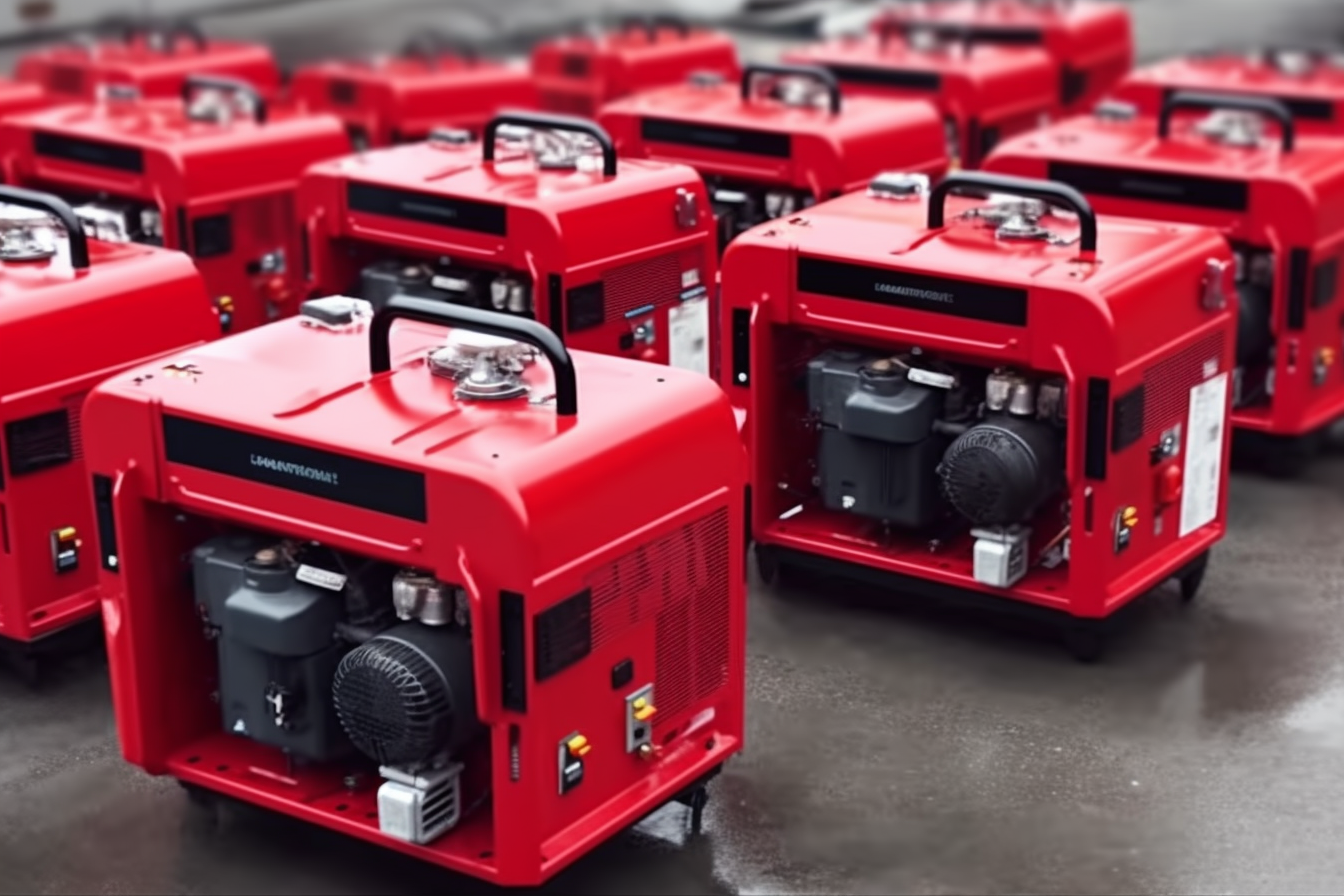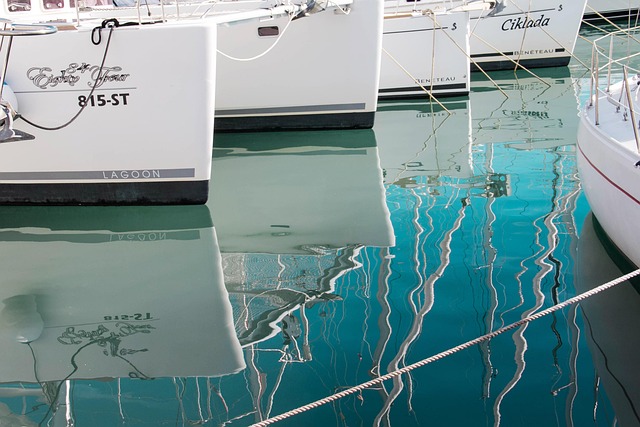Finding the Best Repossessed Cars for Sale: A Complete Buyer's Guide
Repossessed cars represent a significant opportunity for budget-conscious buyers to acquire vehicles at prices well below market value. These vehicles become available when previous owners default on their loans, causing financial institutions to reclaim them. The repossession process creates a steady stream of cars, trucks, and SUVs that banks and lenders need to sell quickly to recover their losses. This guide explores everything you need to know about finding, evaluating, and purchasing repossessed vehicles in South Africa.

What Are Repossessed Cars and How Do They Become Available?
Repossessed cars are vehicles that financial institutions have reclaimed from borrowers who failed to meet their loan obligations. When someone stops making payments on their auto loan for an extended period, the lender has the legal right to take possession of the vehicle that served as collateral. This process typically occurs after multiple missed payments and warnings from the lender. Once repossessed, these vehicles enter a pipeline toward resale through various channels, including auctions, bank sales, and specialized dealerships.
The repossession process creates an opportunity for new buyers to purchase these vehicles at reduced prices since banks and lenders are primarily concerned with recovering the outstanding loan balance rather than making a profit. This explains why repossessed cars often sell for 20-30% below their market value, making them attractive options for cost-conscious shoppers.
Where Can You Find Repossessed Cars for Sale in Your Area?
Finding repossessed cars available in your local area requires knowing where to look. Several primary sources exist for these vehicles:
Bank direct sales represent one of the most straightforward channels. Major South African banks including ABSA, Standard Bank, Nedbank, and FNB maintain dedicated websites or sections where they list repossessed vehicles. These platforms allow you to search inventory by location, make, model, and price range. Visiting physical bank branches may also yield information about upcoming sales or available inventory not yet listed online.
Government auctions present another valuable resource, particularly for vehicles repossessed due to tax defaults or from government loan programs. The South African Asset Forfeiture Unit regularly conducts auctions of seized and repossessed assets, including vehicles. These auctions are typically advertised in local newspapers and on government websites.
Specialized repossessed car dealerships have emerged as businesses focused exclusively on acquiring and selling repossessed inventory. These dealers often have relationships with multiple financial institutions and can offer a wider selection than you might find through a single bank.
What Are the Benefits and Risks of Buying Bank Repossessed Cars?
The primary benefit of purchasing repossessed vehicles is the potential for significant savings. These cars typically sell for 20-40% below comparable vehicles on the regular market, allowing buyers to access higher-end models or newer vehicles than their budget might otherwise allow. Additionally, when purchasing directly from banks or official auctions, the transaction offers greater security regarding the vehicle’s legal status compared to private sales.
However, repossessed cars come with certain risks that buyers should acknowledge. Most repossessed vehicles are sold “as-is” without warranties, meaning any mechanical issues become the buyer’s responsibility immediately after purchase. Additionally, you may have limited opportunity to inspect or test drive the vehicle before committing to purchase, particularly at auctions where viewing windows are strictly scheduled.
Another consideration is that the vehicle’s maintenance history is often incomplete or unavailable. The previous owner facing financial difficulties may have neglected regular maintenance, potentially leading to problems that aren’t immediately apparent during inspection.
How to Inspect and Evaluate Repossessed Vehicles Before Purchase?
Thorough inspection is crucial when considering a repossessed vehicle purchase. Whenever possible, arrange to view the vehicle in daylight hours when defects are most visible. Bring a detailed inspection checklist covering exterior condition, interior features, mechanical components, and electrical systems.
For the mechanical assessment, consider hiring a professional mechanic for a pre-purchase inspection. This typically costs between R500-R1500 but could save thousands in future repairs. The mechanic should check the engine condition, transmission operation, braking system functionality, and look for signs of accident damage or poor repairs.
Document verification is equally important. Ensure the vehicle has a clear title without outstanding finance and verify that its VIN number matches all documentation. Check the service history where available, and use the car’s license plate to check for any outstanding fines or legal issues through the National Traffic Information System (NaTIS).
What’s Unique About the Repossessed Car Market in South Africa?
South Africa’s repossessed car market has several distinctive characteristics compared to other countries. The market volume is particularly high, with approximately 100,000 vehicles repossessed annually according to banking sector reports. This creates a steady stream of inventory across all vehicle categories and price points.
The country’s economic fluctuations have significant impact on repossession rates, with notable increases during economic downturns. This pattern means that during challenging economic periods, buyers may find an even wider selection of recently manufactured vehicles entering the repossessed market.
South African banks have also developed sophisticated online platforms specifically for repossessed vehicle sales, making the process more transparent and accessible than in many other countries. These platforms often include comprehensive vehicle information, photographs, and even online bidding capabilities.
What Are the Real Costs and Best Places to Buy Repossessed Cars?
When budgeting for a repossessed vehicle purchase, consider not just the purchase price but associated costs. These typically include transfer fees (approximately R250-R350), licensing costs (variable based on vehicle weight and type), and potential reconditioning expenses to address any maintenance issues.
Below is a comparison of major repossessed car providers in South Africa:
| Provider | Average Price Range | Inspection Options | Financing Available | Warranty Options |
|---|---|---|---|---|
| ABSA Bank Repossessions | R50,000-R350,000 | By appointment | Yes, preferential rates | None |
| WesBank Remarketing | R45,000-R400,000 | Open days and by appointment | Yes | Optional purchased plans |
| Burchmore’s Auctions | R30,000-R300,000 | Day before auction | External only | None |
| Imperial Select Repo Center | R60,000-R350,000 | Any time during business hours | Yes | 1-month limited |
| The Repo Shop | R35,000-R280,000 | During business hours | Partners with multiple banks | Optional 3-6 month plans |
Prices, rates, or cost estimates mentioned in this article are based on the latest available information but may change over time. Independent research is advised before making financial decisions.
The repossessed car market offers valuable opportunities for buyers willing to conduct proper research and due diligence. While the potential savings are substantial, success depends on thorough inspection, proper documentation verification, and realistic expectations regarding the vehicle’s condition. With careful selection and proper post-purchase maintenance, a repossessed vehicle can represent one of the best automotive values available to South African consumers.




